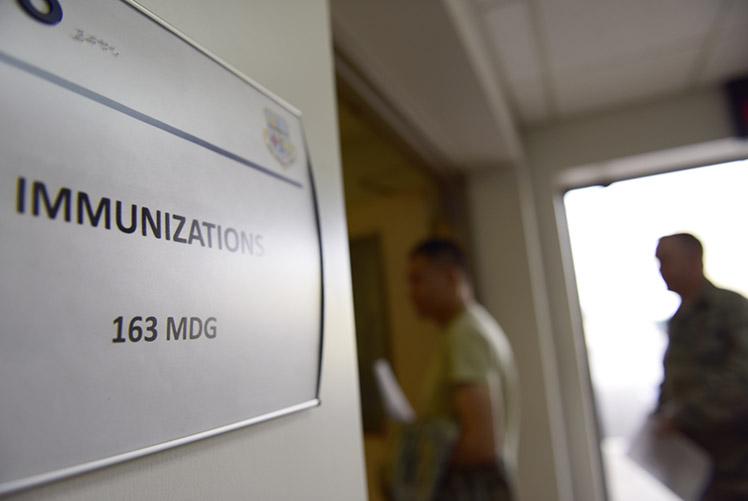Florida health officials are currently investigating a measles outbreak at Manatee Bay Elementary School in the Fort Lauderdale area, where a significant number of students are unvaccinated. This situation is a stark reminder of the importance of vaccinations and the risks posed when immunization rates fall below recommended levels.

The outbreak began with a single confirmed case of measles in a third-grade student who had not recently traveled. Since then, the number of cases has risen to six, with over 100 children at the school susceptible to the virus due to a vaccination rate of only 89.31 percent—well below the target coverage of 95 percent.
Measles is a highly contagious virus that spreads through respiratory and airborne transmission. It can linger in the air for up to two hours after an infected person has been in an area. Symptoms typically begin with a high fever, runny nose, red and watery eyes, and a cough before the development of a rash. The disease can be severe, with 1 in 5 unvaccinated people with measles requiring hospitalization, and in some cases, it can be fatal.
The Florida Department of Health in Broward County (DOH-Broward) is taking action by identifying contacts at risk and considering post-exposure prophylaxis for susceptible individuals. The school has undergone deep cleaning, and vaccination events have been held to increase immunization rates.
The Centers for Disease Control and Prevention (CDC) states that two doses of the Measles, Mumps, and Rubella (MMR) vaccine are about 97 percent effective at preventing measles, with protection considered to be life-long for those who are not immunocompromised.
The recent decline in vaccination rates is alarming. Since the COVID-19 pandemic, rates among US kindergarteners have dropped to 93 percent, and exemptions have reached an all-time high. This decline has led to pockets of low vaccination coverage, increasing the risk of outbreaks.
The CDC has reported 20 measles cases in the US as of mid-February, not including the recent Florida cases. In 2023, there were 58 cases reported. The resurgence of measles, a disease declared eliminated in the US in 2000, underscores the critical role vaccinations play in public health.
Parents and guardians are faced with difficult decisions regarding school attendance amid the outbreak. The DOH-Broward has deferred to parents to decide, while the school district is prepared to provide continuous learning for children kept at home.
Measles spreads through the air when an infected person coughs or sneezes, and unvaccinated individuals are at high risk. Symptoms typically appear 8 to 14 days after exposure, with the rash spreading in a distinctive pattern. The MMR vaccine can provide protection within two weeks of administration and can be effective if given within 72 hours of exposure.
For those who are vaccinated or have had measles in the past, the risk of infection is low, but breakthrough cases, although rare, can occur. The disease is generally milder in vaccinated individuals.
This outbreak serves as a reminder of the importance of maintaining high vaccination rates to prevent the spread of measles and protect public health. Health officials continue to monitor the situation and encourage vaccinations to prevent further cases.
Related posts:
Measles erupts in Florida school where 11% of kids are unvaccinated
Sixth measles case confirmed at Broward elementary school. Here’s how to protect yourself from the highly contagious virus
Florida School Confirms Fifth Measles Case and 11% of the Kids are Unvaccinated




